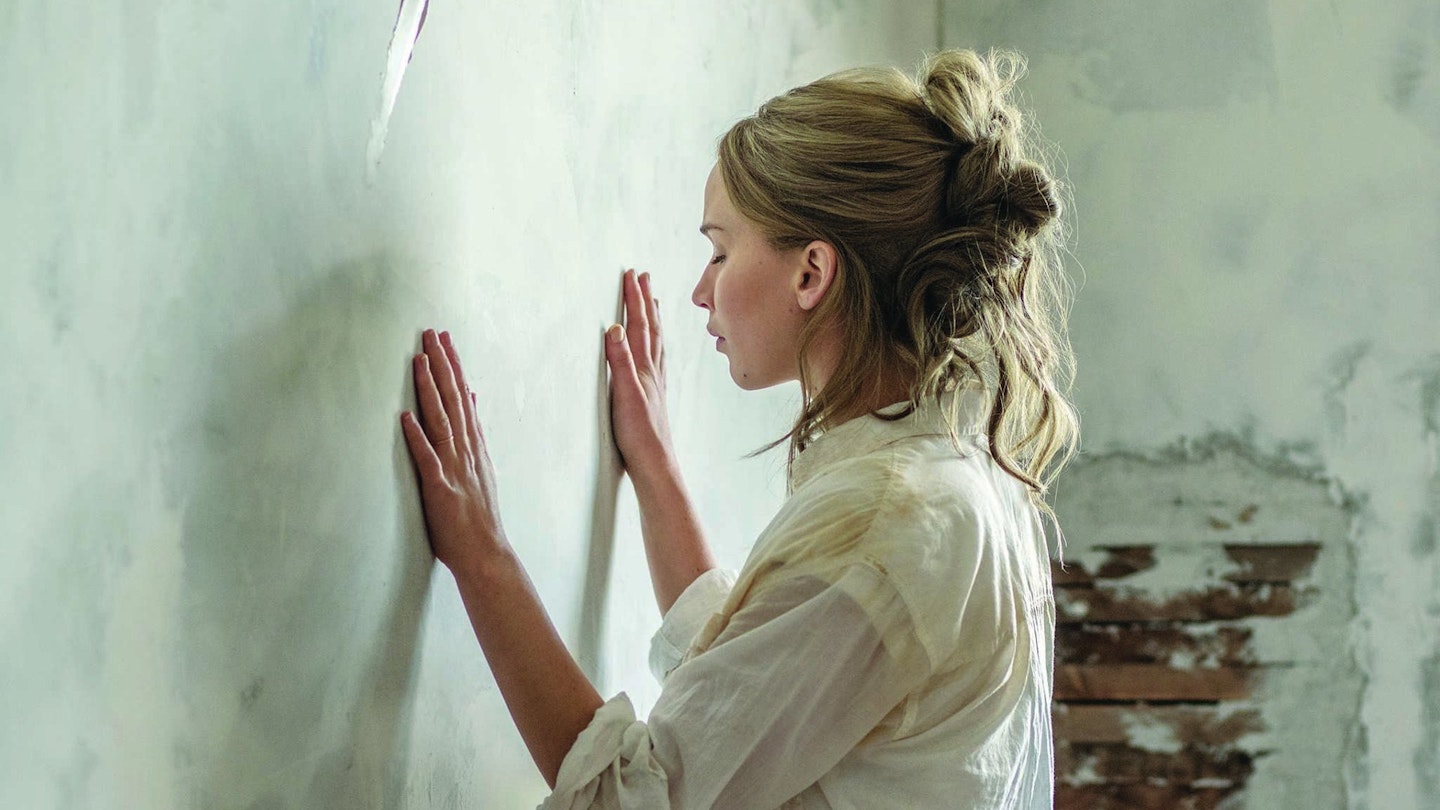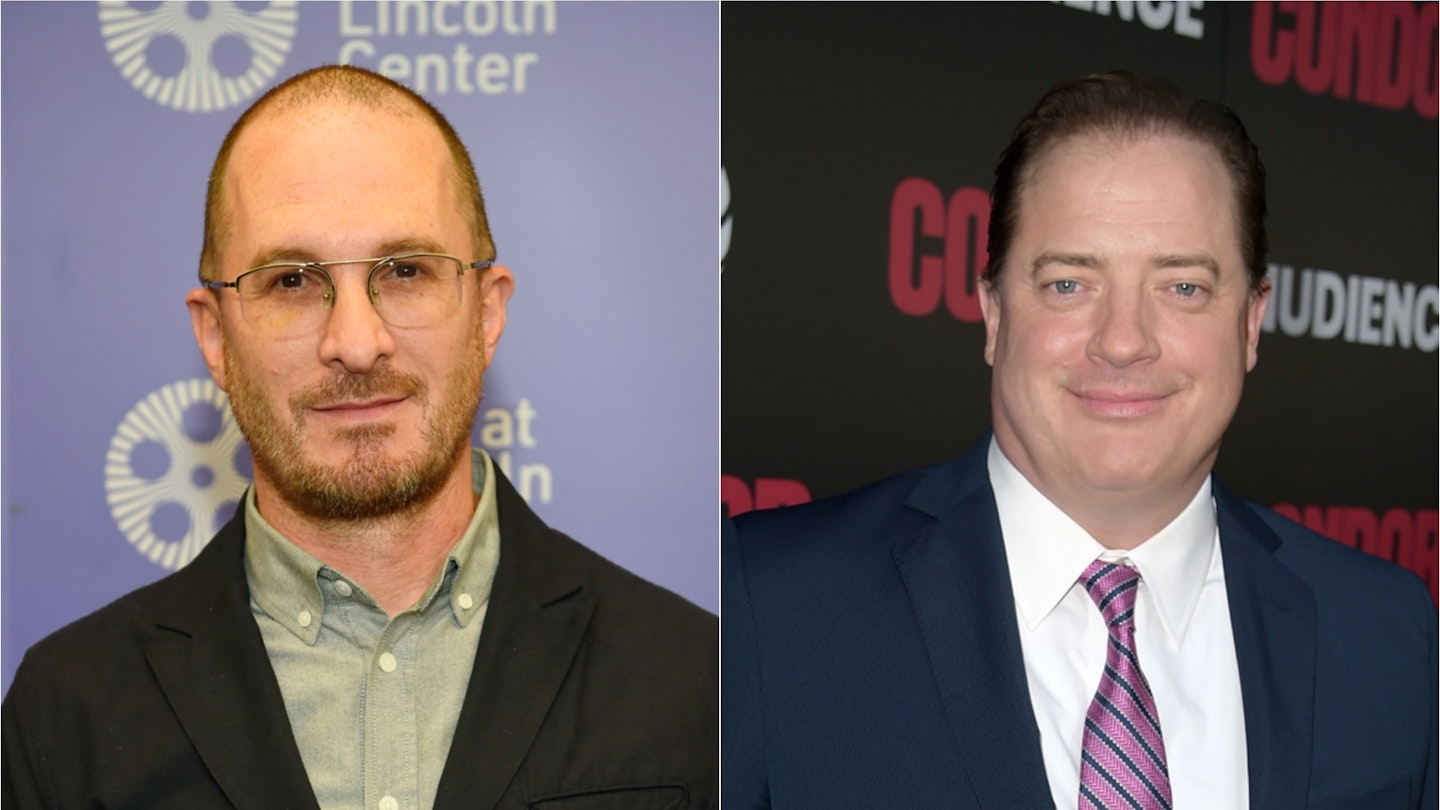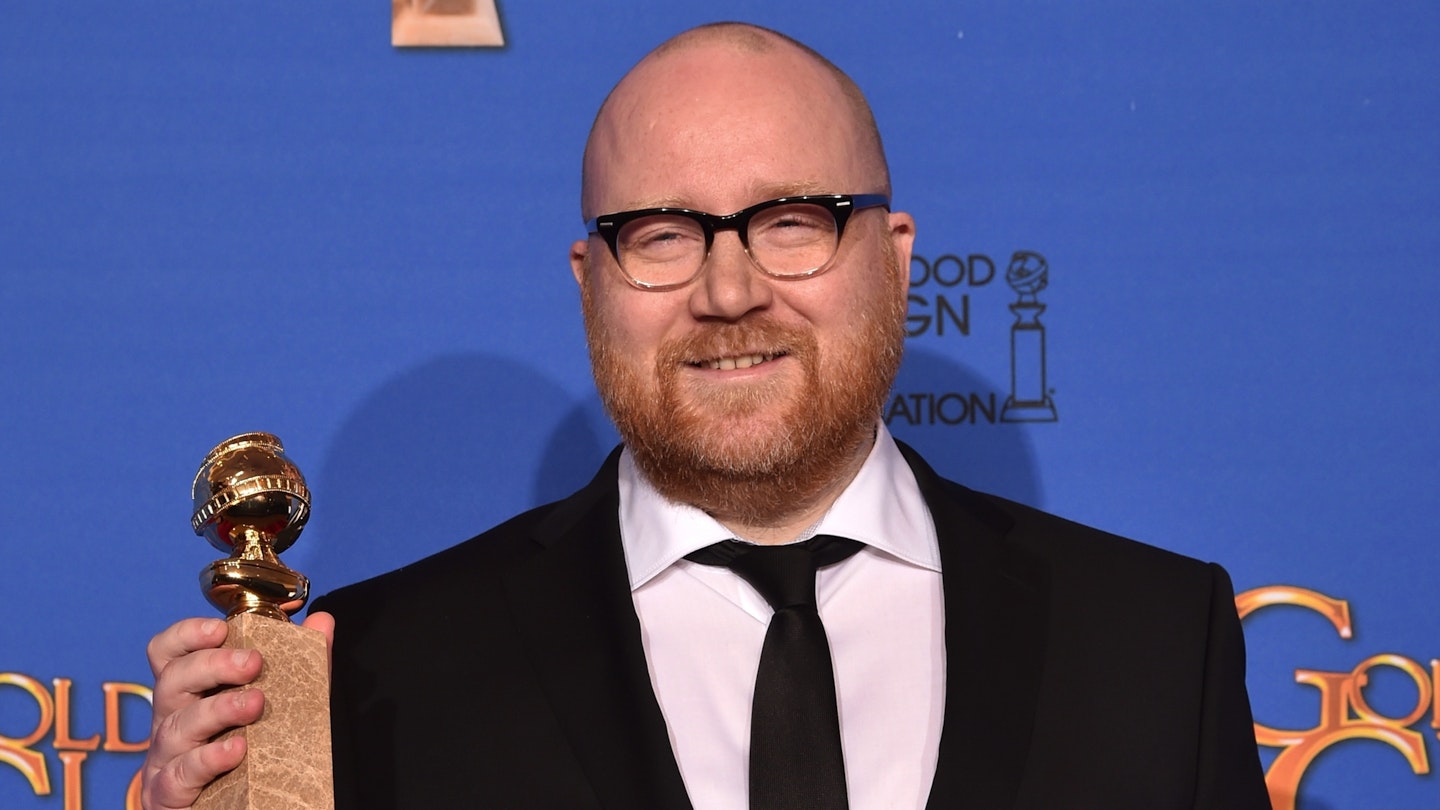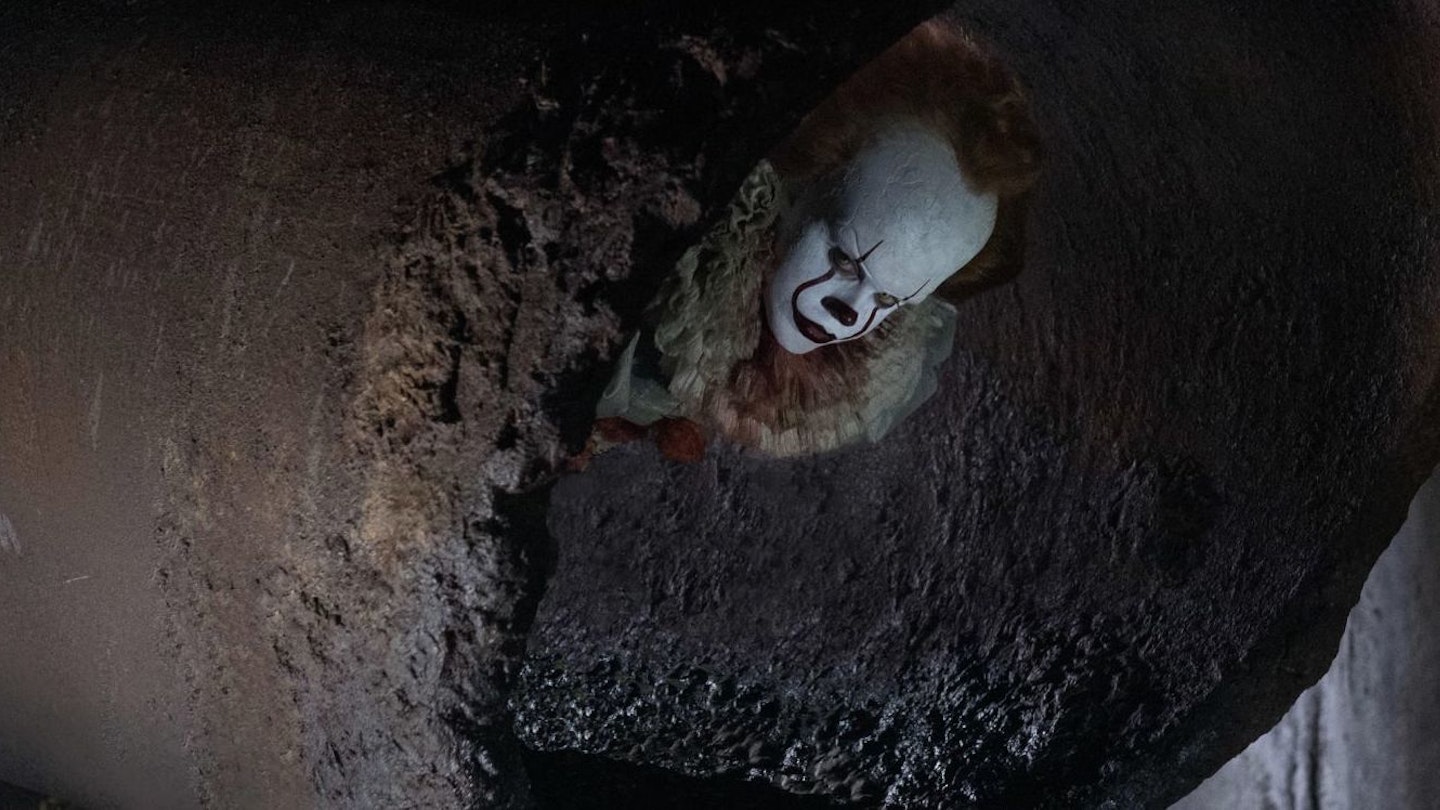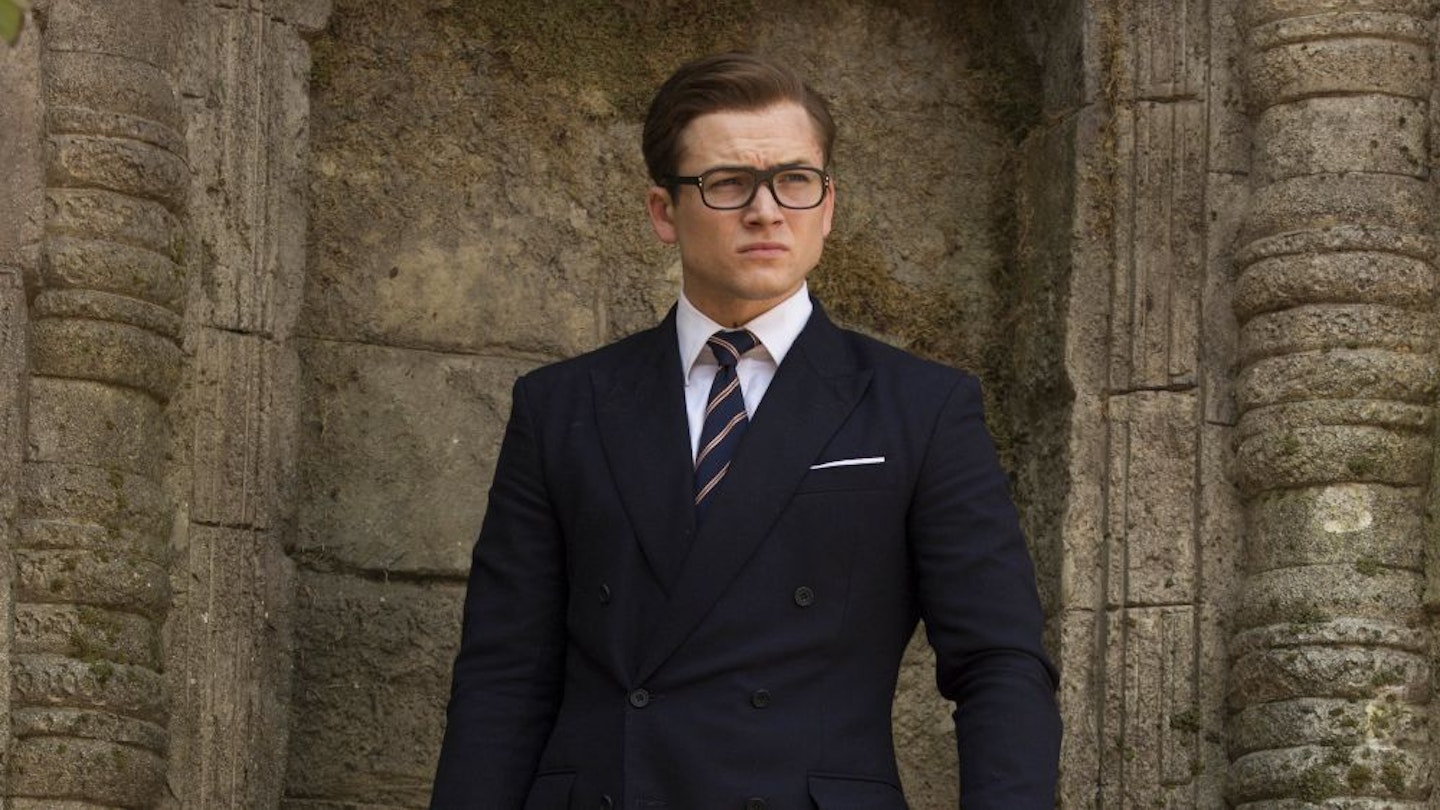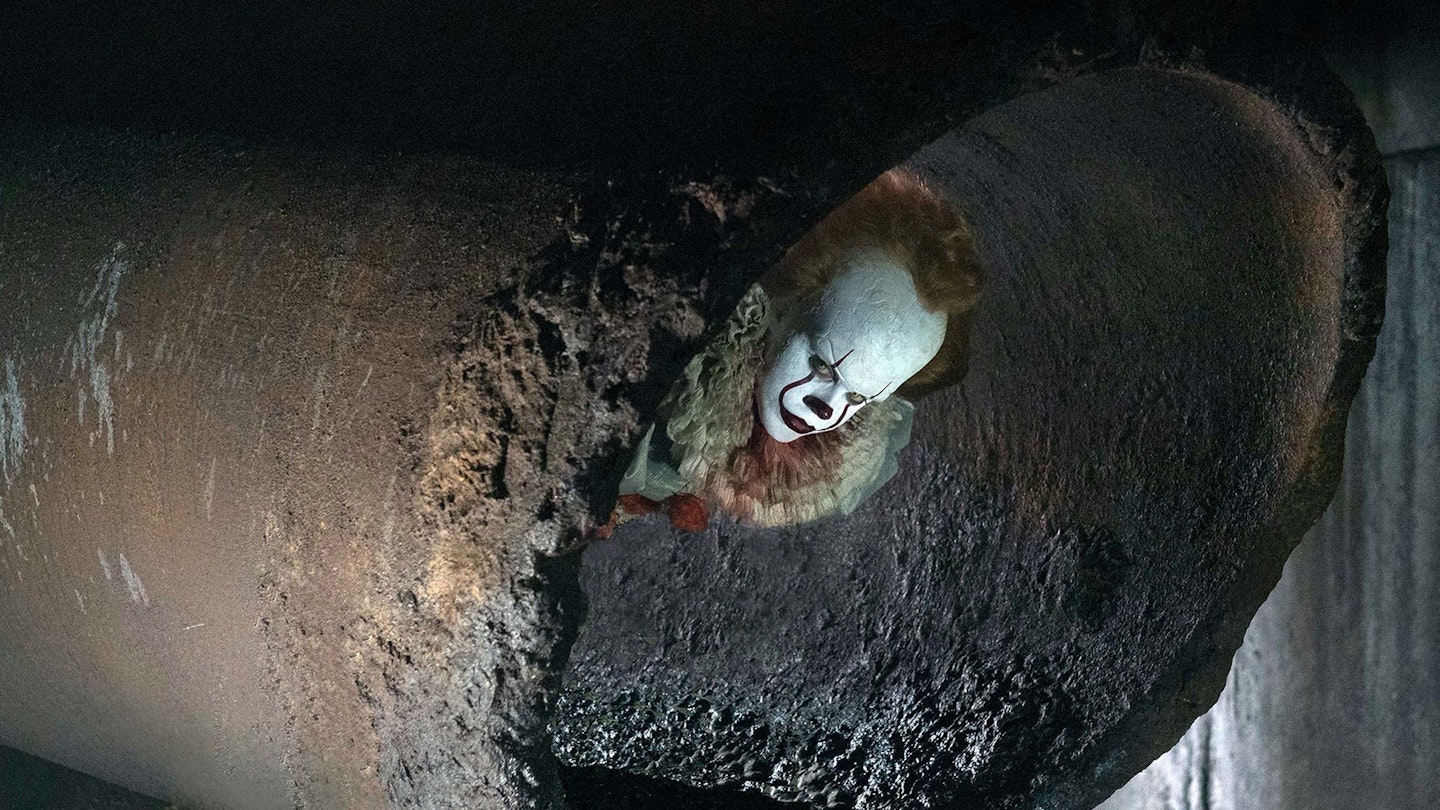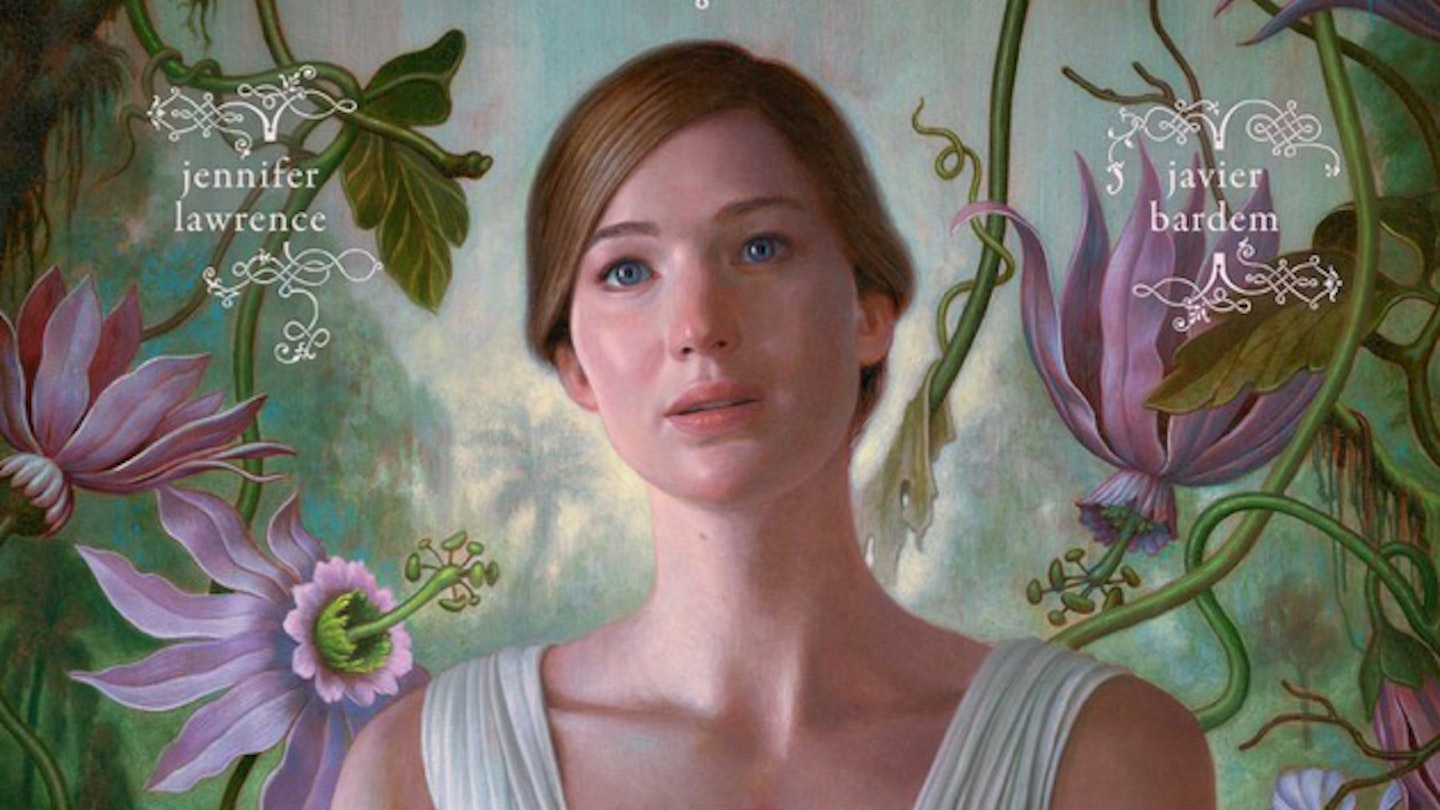Like hard crackling — you know, those most scorched, scratchy bits of pig fat — Darren Aronofsky's mother! is not an easy film to swallow. But, hell, it gives you a lot to chew on. Is it a psycho-horror? Sure, in part. A surrealist satire? Yes, that too. A black comedy? At times. A visual metaphysical poem? Oh, go on then. It starts out like a stab at doing Pinter — a jagged chamber piece on why hell is well and truly other people — then metamorphoses into a kind of indoor Children Of Men. There are shades of Ben Wheatley's take on High-Rise, echoes of Nicolas Winding Refn's queasy-beautiful The Neon Demon, a wodge of Lars von Trier and a few tonal call-backs to Aronofsky's own Black Swan. In short, it’s gorgeous, distressing and utterly confounding all at once.
Gorgeous, distressing and utterly confounding all at once.
Slap-bang at the centre of all its bewildering meta-twists is Jennifer Lawrence — proving she can do what she damn well pleases these days and do it damn well — as the unnamed muse of Javier Bardem's creatively constipated poet. He’s unnamed, as every character here is, ringing an alarm bell that what we're witnessing is perhaps a few steps left of what we'd usually consider reality. Every shot of the film is either tight in on Lawrence or presenting her point of view. Another alarm bell, that we're dealing purely with the subjective in this narrative. But it makes for an intense experience, a sometimes disorientating sidecar-whirl around one woman's nightmare.
There's no better word for it, really. Floorboards bleed. Panic attacks momentarily turn the house charred and blackened. Every mundane noise, be it footfall, door-knock or the whining judder of the washing machine, is jarring and only amplified by the absence of a music score (Clint Mansell must be well put out). Even when she’s (briefly) happy and content in her idyllic abode, Lawrence's character is a prisoner, never allowed to step outside and performing every domestic, menial task — plumbing, painting, cooking, laundering — while her older other half barely lifts a finger unless it’s to throw open their doors to impolite house guests who only bring mess and discord. Then, when he finally does regain his poetic mojo (via a clumsy burst of tragi-comic melodrama on Aronofsky's part) he only makes things worse.
We've got so used to seeing Bardem as a baddie, it's hard not to have the worst expectations of him here. There's certainly something strange about the way he's so protective of the eerily glowing crystal he keeps in his study, and you wonder why he's so eager to usher disruptive strangers into his home (Ed Harris with his hacking cough, Michelle Pfeiffer rendered a bourgeois cliché with her boozy, snide asides) and blurt out things he must know will distress his wife. "We always talk about how this place is too big for the two of us," he says to his guests early on, and the look on Lawrence's face is one of barely contained horror. Yet he's no villain, at least not in a nice, simple, straightforward movie way. He's... a man.
Aronofsky isn't one to shy away from metaphor. He's always liked his fat and ripe (as you'll know if you've seen The Fountain). But in mother! he squishes them to pigment and daubs the bloody walls with them. Religion, history, the media, sexual politics, the crumbling of civilisation, creativity itself — it's all interior decoration for Aronofsky. It'll prove too garish for many, culminating in one sequence so fracturingly brutal and awful it's guaranteed to upset even those who’ve identified (what we're pretty sure is) Aronofsky's point. The film definitely earns its 'not for everyone' caveat. But at least it has something to say — almost too much, you could argue. For all its discomfiting flourishes and occasional blunders, it's hardly a hollow construction and far, far from forgettable. Like all our most vivid bad dreams, it snags the mind. With barbs.
